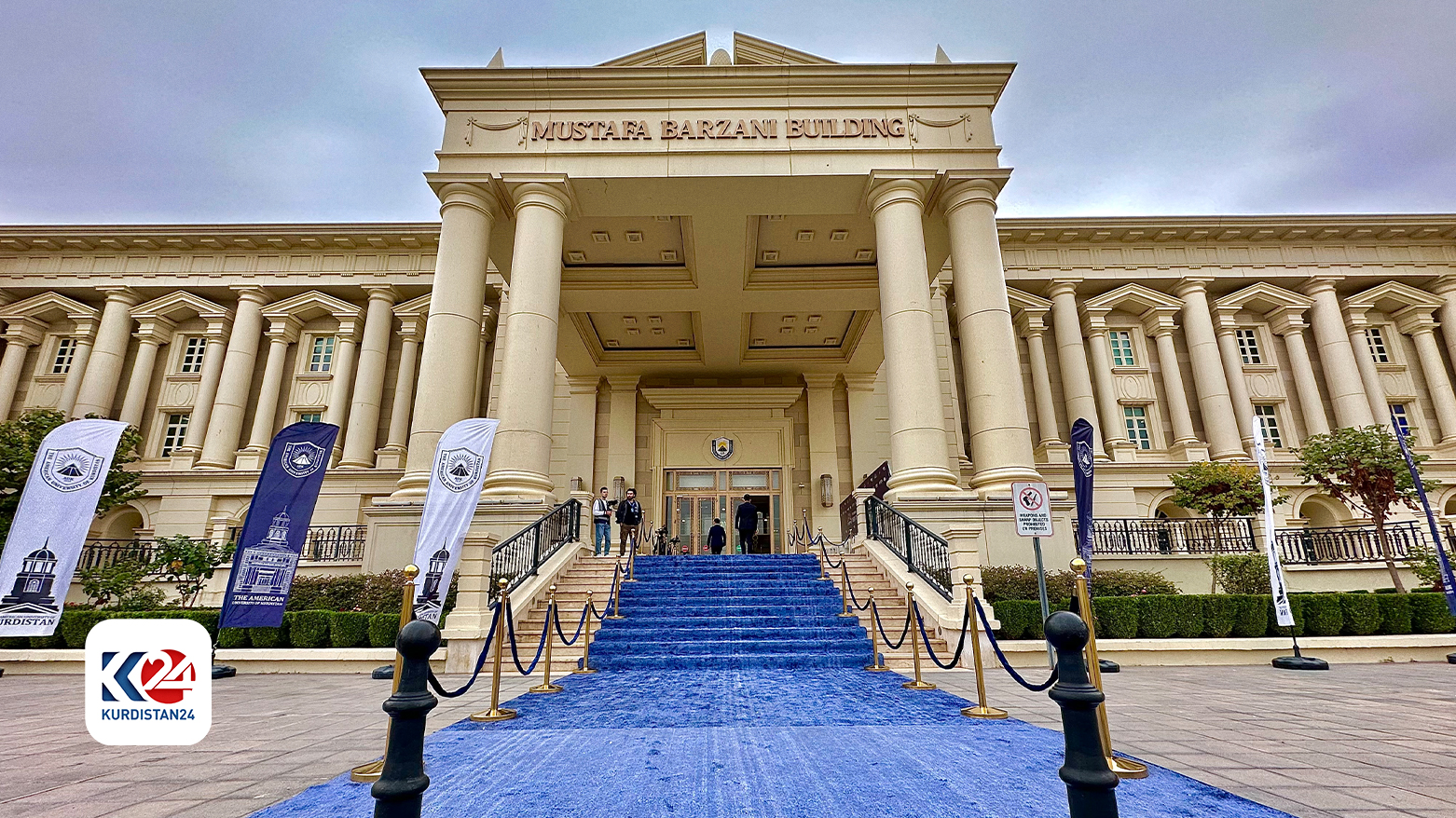Education as a Catalyst for Iraq’s Revival: Insights from Honar Issa
The Kurdistan Regional Government (KRG) recognizes the urgency of these issues and has developed Vision 2030 to prioritize education and support economic diversification.

ERBIL (Kurdistan24) – In an opinion piece for the Atlantic Council, Honar Issa, Secretary of the Board of Trustees at the American University of Kurdistan, emphasizes that investing in Iraq's education system is crucial for the nation's revival, stability, and long-term prosperity.
Issa outlines Iraq's rich educational heritage, tracing it to ancient Mesopotamia and its mid-twentieth-century status as a leading educational hub in the Middle East.
However, decades of conflict, including the 1980-1988 Iran-Iraq war, the 1991 Gulf War, and subsequent international sanctions, severely damaged Iraq's educational infrastructure and funding.
The 2003 US-led invasion, which resulted in the fall of Saddam Hussein, offered a brief window of opportunity to rebuild Iraq's educational system. Initial efforts to revitalize schools and universities were thwarted by ongoing violence, political instability, corruption, sectarian strife, and the lack of coherent education policies.
The rise of ISIS further disrupted Education in affected areas. Despite these challenges, the Kurdistan region has shown pockets of progress by pursuing educational reform.
Issa highlights the urgent need to address the educational crisis, with 60 percent of Iraqis under the age of 25. High unemployment rates and inadequate educational facilities threaten to undermine the potential of Iraqi youth.
According to a 2021 IREX report, only 22 percent of university graduates find jobs in their field of study within three months of graduating, revealing a critical gap between educational outcomes and labor market needs.
The Kurdistan Regional Government (KRG) recognizes the urgency of these issues and has developed Vision 2030 to prioritize Education and support economic diversification.
Central to this vision is the establishment of the Kurdistan Accrediting Association for Education (KAAE), a national accreditation body designed to bridge educational gaps and propel the region into the twenty-first century.
Issa underscores the importance of the KAAE's role in setting rigorous quality assurance standards for educational institutions in Kurdistan and Iraq. By promoting best practices and fostering a culture of transparency and accountability, the KAAE aims to modernize the education system, aligning it with international standards and making it more relevant to the needs of the economy and society.
Effective implementation of the KAAE's standards necessitates leveraging international expertise. Issa advocates for strengthening partnerships between US and Iraqi educational institutions to build capacity and mentorship. He notes that while the US has invested significantly in Iraq's reconstruction, most resources have been directed toward the security sector. Redirecting even a fraction of these funds to Education could have a transformational impact.
Issa argues that investing in Iraq's education system presents a unique opportunity for the US to support a key ally while addressing the root causes of regional instability. Such an investment would enhance US public diplomacy and promote democracy and human rights, which are integral to long-term peace and security. He suggests that with its established KAAE, the Kurdistan region could serve as a pilot model for the rest of Iraq.
Drawing lessons from countries like Singapore and South Korea, Issa illustrates how substantial educational investments can drive national development. By emulating these models, Iraq can equip its youth with the necessary skills and qualifications to meet local market needs while fostering critical thinking and innovation.
Issa concludes by emphasizing that enhancing Education in Iraq is not solely about economic growth but also a crucial element of peacebuilding. Education fosters understanding, tolerance, and critical thinking, essential for mitigating conflict and promoting social cohesion. Investing in Education will help Iraq build a more inclusive society where young people are empowered to contribute positively to their communities.
For Iraq, Education is more than a policy priority; it is a pathway to peace and prosperity. Issa calls on the US and the international community to support this transformation, promoting a region where Education empowers young people as agents of positive change.